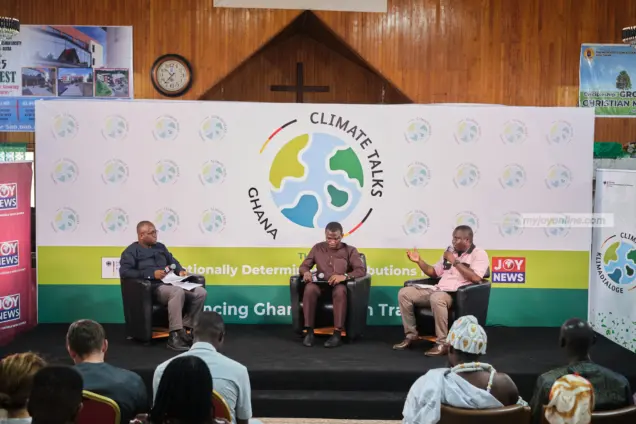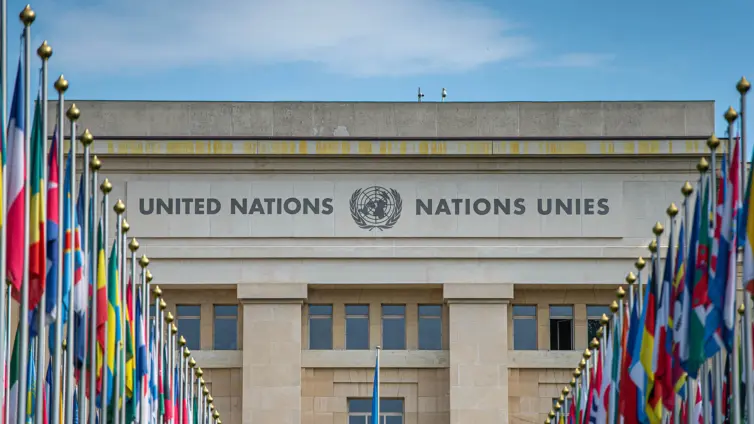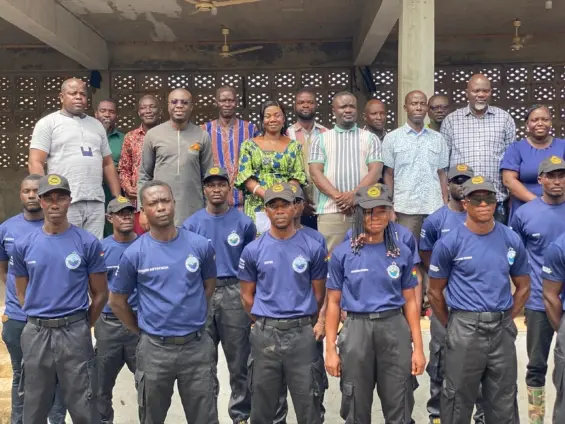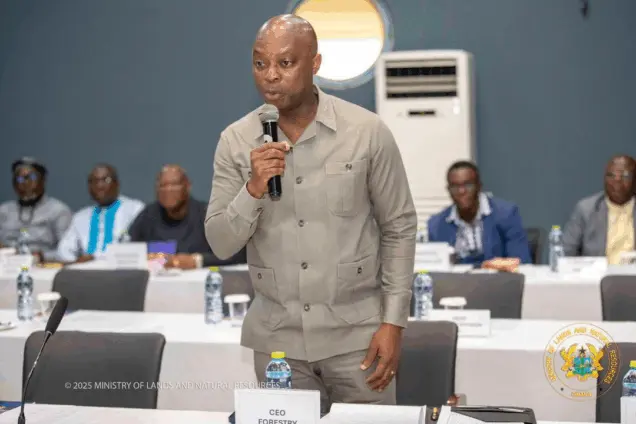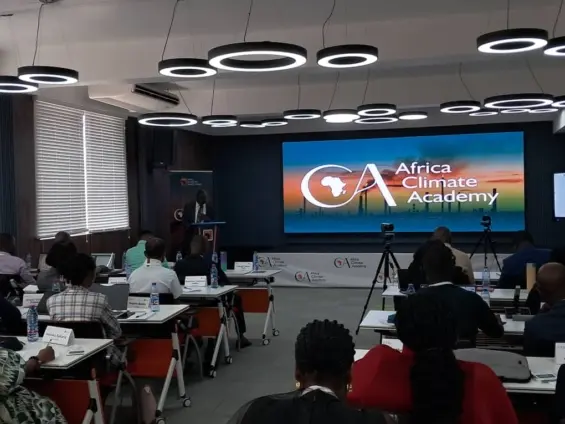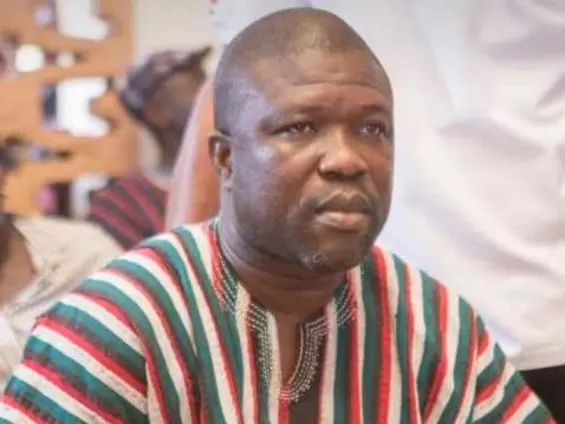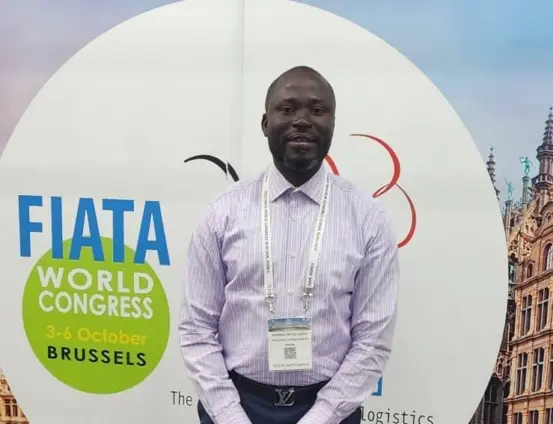In Ghana, where over 70% of households in urban and peri-urban areas rely on charcoal and firewood for cooking, the consequences are dire. Household air pollution contributes to approximately 16,000 premature deaths annually. Recognizing the urgency, JoyNews and the German Embassy co-organized **Climate Talks Ghana** on May 15th in James Town, bringing together key stakeholders and community members to explore clean energy alternatives and sustainable cooking solutions.
The recent **Climate Talks in Ghana**, organized by JoyNews and the German Embassy, addressed critical issues surrounding the country’s reliance on unsustainable cooking practices and their devastating impact on public health and the environment. The event served as a crucial platform for dialogue and the promotion of cleaner technologies.
Addressing Ghana’s Sustainable Cooking Crisis
Ghana faces a significant challenge in transitioning its population to sustainable cooking methods. The pervasive use of charcoal and firewood not only contributes to deforestation but also poses severe health risks to millions of Ghanaians.
The continued dependence on these traditional fuels has far-reaching consequences. Deforestation, driven by the demand for charcoal, degrades ecosystems and reduces biodiversity. Moreover, the environmental impact extends to increased carbon emissions, exacerbating climate change.
Perhaps the most alarming consequence is the impact on public health. The World Health Organization estimates that household air pollution causes approximately 16,000 premature deaths annually in Ghana, with 8,500 occurring in urban areas and 7,600 in rural communities. Smoke inhalation from cooking with charcoal and firewood leads to a range of respiratory illnesses and other health complications, disproportionately affecting women and children.
Climate Talks: A Platform for Change
The **Climate Talks Ghana** provided a vital platform for promoting practical, cleaner technologies and driving a nationwide shift toward healthier, eco-friendly living. Discussions centered on viable alternatives to traditional cooking methods and the potential for these technologies to mitigate the health and environmental impact.
Among the cleaner cooking technologies highlighted were solar cookers, biogas stoves, and electric stoves. These alternatives offer significant advantages over charcoal and firewood, reducing emissions, improving air quality, and lessening the burden on natural resources. The transition to these technologies requires investment, education, and supportive policies to ensure widespread adoption.
The ultimate goal of the **Climate Talks Ghana** was to inspire a nationwide movement towards sustainable practices. By raising awareness, fostering collaboration, and showcasing innovative solutions, the event aimed to pave the way for a healthier and more environmentally responsible future. Specific initiatives and policies discussed at the event focused on incentivizing the adoption of clean cooking technologies and promoting sustainable forestry practices.
The **Climate Talks Ghana** represent an important step towards a more sustainable future. By bringing together key stakeholders and fostering dialogue, the event has helped to raise awareness of the urgent need for sustainable cooking solutions and the potential of cleaner technologies to improve public health and protect the environment.
Image Source: MYJOYONLINE

